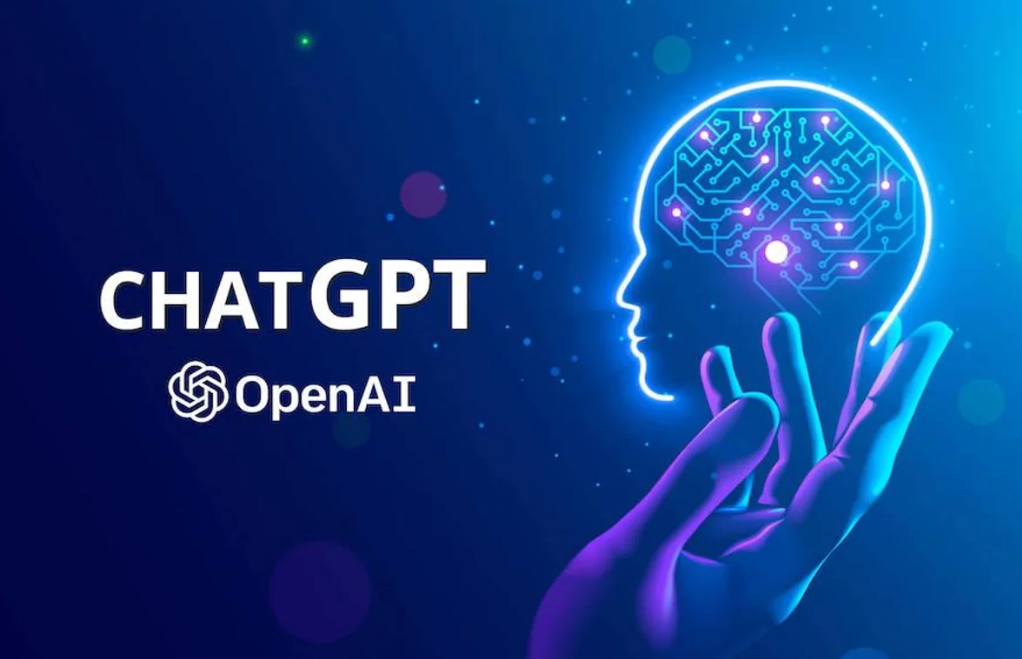To combat a shortage of advanced processors and soaring operational costs, OpenAI, the leading artificial intelligence research lab, is actively considering the development of its own AI chips. CEO Sam Altman has made acquiring advanced AI chips a priority, emphasizing the need to reduce reliance on third-party vendors, notably Nvidia, the current main supplier for OpenAI’s GPUs.
The shortage of these high-performance processors has escalated costs, with each query for OpenAI’s popular ChatGPT service now costing approximately 4 cents. To alleviate this issue, OpenAI is evaluating several options, including building its own AI chips, collaborating closely with existing chipmakers like Nvidia, and diversifying its supplier base beyond Nvidia.

OpenAI has even explored the possibility of acquiring an existing AI chip-making company, taking inspiration from Amazon’s acquisition of Annapurna Labs in 2015. However, the company faces significant challenges. Building custom AI chips is a complex and expensive process, with no assured success, as demonstrated by the struggles of other tech giants attempting similar ventures.
The demand for specialized AI chips has surged following the launch of ChatGPT, necessitating specific AI accelerators for training and running generative AI technology. Consequently, OpenAI is at a crucial crossroads, weighing the benefits of vertical integration against the risks and uncertainties associated with in-house chip development.
It’s worth noting that Microsoft, one of OpenAI’s major backers, is also in the race, developing a custom AI chip that OpenAI is currently testing. This move indicates potential distancing between the two tech entities, as OpenAI explores alternative solutions.
As of now, OpenAI has not made a final decision on whether to proceed with building custom AI chips. If the endeavor is undertaken, it is expected to be a multi-year effort, requiring substantial investment and research. OpenAI’s decision will likely shape the future landscape of AI technology, influencing not only its own operations but also the broader industry.
Related:
- ChatGPT introduces Voice and Image prompts, will initially roll out to Plus users
- OpenAI and Jony Ive to tap up to $1bn Softbank facility for AI Device Project
- OpenAI Unveils Plans for First Developer Convention this November
(via)






